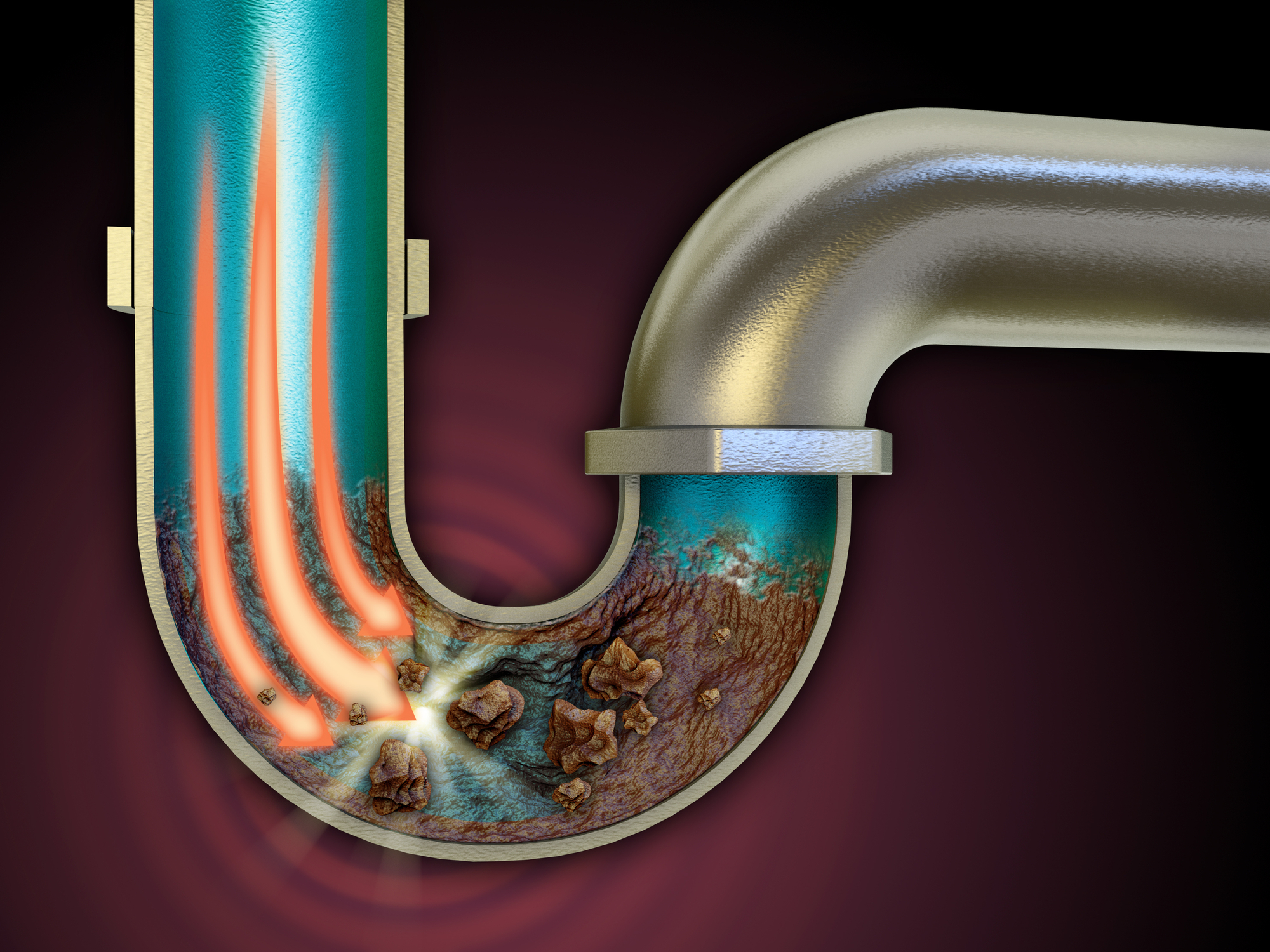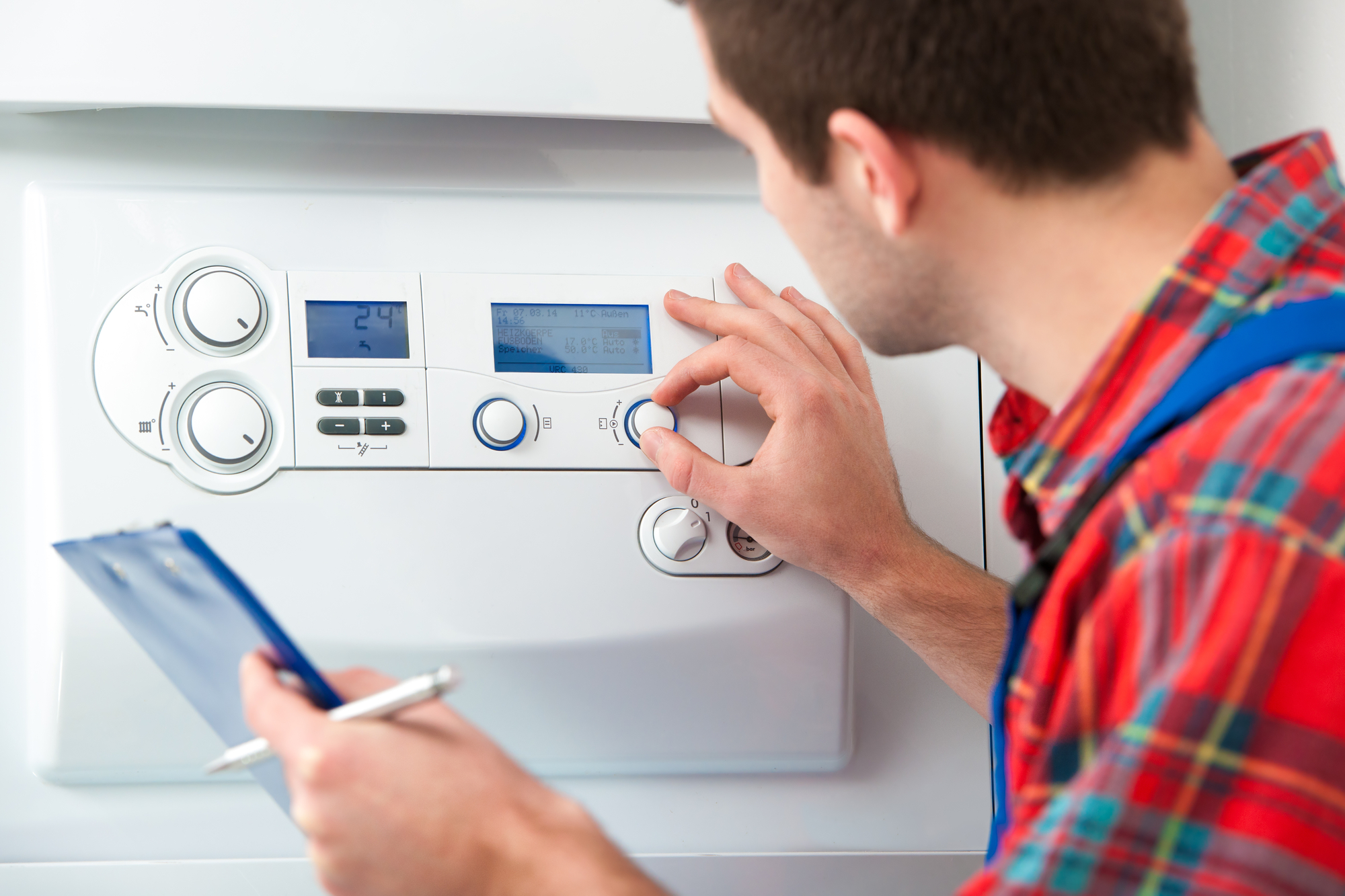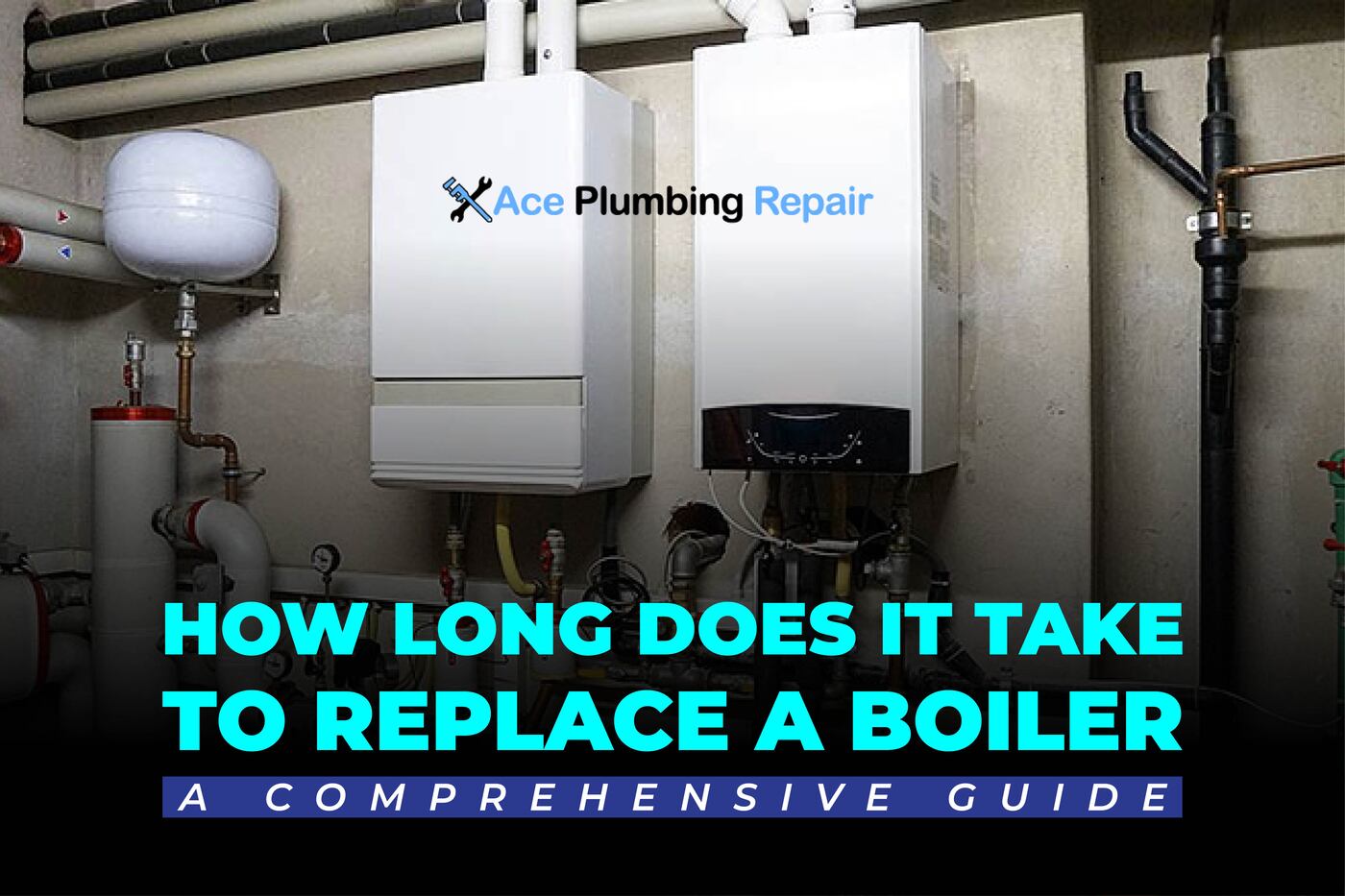When the chill of winter sets in, a common question emerges in many households: how long does it take for a boiler to heat up? This seemingly simple query is more than just a matter of comfort; it’s a crucial aspect of managing your home’s heating efficiency. As temperatures drop, understanding the intricacies of your boiler’s heating time becomes vital. In this introductory guide, we’ll explore the factors that influence the time it takes for your boiler to bring warmth to your home, ensuring you stay informed and prepared for those cold days ahead.
Understanding boiler heating time: key factors
1. Boiler type matters
The type of boiler you have plays a crucial role in determining how quickly it heats up. Conventional boilers, which have a separate hot water cylinder, typically take longer to heat up compared to combi boilers. Combi boilers are designed to provide hot water on demand, which means they heat water more quickly.

2. Size and capacity
The size of your boiler and its capacity to hold water also affect heating time. A larger boiler with a greater water capacity will generally take longer to heat up than a smaller one.
3. Initial water temperature
The starting temperature of the water in your system can significantly impact heating time. If the water is already relatively warm, the boiler will take less time to reach the desired temperature.
4.Thermostat settings
The settings on your thermostat can influence how long your boiler takes to heat up. A higher temperature setting will require the boiler to work harder and longer to achieve the desired warmth.
5.Boiler age and maintenance
The age of your boiler and how well it’s been maintained over the years can affect its efficiency and, consequently, its heating time. An older or poorly maintained boiler may take longer to heat up.

How long should you expect to wait?
Returning to the essential query: How long should you anticipate waiting for your boiler to heat up? Given the various factors previously discussed, a universal answer is challenging, but here’s a clearer breakdown:
- Combi boilers: These provide hot water in a remarkably short span, typically ranging from a few seconds up to a couple of minutes.
- Conventional boilers: Expect a longer wait with these, particularly when starting from a completely cold state.
- General expectation: On average, most boilers take around 30 minutes to an hour to warm a standard-sized home to a comfortable level.
How long should heating take to warm up?
The time required for heating to reach optimal warmth depends on various factors, such as the type of heating system, its efficiency, and the size of the space being heated.
Generally, central heating systems may take 15-30 minutes to warm up, while smaller heaters could achieve desired temperatures in a shorter span. Factors like insulation, outdoor temperature, and the initial temperature of the space also influence warm-up times.
Regular maintenance of heating systems ensures optimal performance. Additionally, programmable thermostats can be employed to schedule heating cycles, allowing spaces to reach comfortable temperatures efficiently.
Ultimately, individual circumstances and equipment specifications determine the precise duration for heating to achieve the desired warmth.
Practical tips to optimize your boiler’s heating time
Optimizing your boiler’s heating time can lead to increased efficiency and cost savings. Here are some practical tips to help you achieve that:
1. Regular maintenance:
Ensure your boiler is serviced annually by a qualified technician. Regular maintenance keeps it running efficiently and can prevent minor issues from turning into major problems.
2. Upgrade insulation:
Improving insulation in your home can reduce heat loss, meaning your boiler doesn’t have to work as hard to maintain a comfortable temperature. Pay special attention to areas like attics, walls, and windows.
3. Thermostat settings:
Consider lowering the thermostat by a degree or two. Even a small decrease can reduce the workload on your boiler and save energy without sacrificing comfort.
4. Programmable thermostat:
Install a programmable thermostat to better control heating. You can set it to lower the temperature when you’re not home and increase it before you return, reducing unnecessary heating.
5. Bleed radiators:
Trapped air in radiators can prevent them from heating up properly. Bleeding your radiators regularly ensures they are working efficiently.
6. Use boiler timers:
Utilize your boiler’s timer function to heat your home only when needed. This prevents the boiler from running continuously, saving energy and reducing wear and tear.
7. Pipe insulation:
Insulate your hot water pipes. This keeps the water hotter for longer periods, reducing the need for your boiler to reheat the water frequently.
8. Check for leaks:
Regularly check for leaks in your heating system. Even small leaks can reduce system efficiency and make your boiler work harder.
9. Optimize water pressure:
Ensure your boiler’s water pressure is at the recommended level. Low pressure can affect the efficiency of your heating system.
10. Energy-efficient boiler:
If your boiler is old, consider replacing it with a more energy-efficient model. Modern boilers are more efficient and can significantly reduce your heating costs.
Remember, safety comes first. Always consult with a certified professional for boiler maintenance and when making significant changes to your heating system.
Quick FAQ
Q: How can I make my boiler heat up faster?
A: Regular maintenance is crucial for optimal boiler performance. Ensure your boiler undergoes annual servicing by a qualified technician. Additionally, improving home insulation, bleeding radiators, and using a programmable thermostat to schedule heating cycles can contribute to a quicker warm-up.
Q: Is it normal for a boiler to take a long time to heat up?
A: The heating time can vary based on factors like boiler type, size, and maintenance. Older models or extremely cold weather may lead to longer warm-up times. However, if you notice a significant delay, it’s advisable to have your boiler inspected for potential issues.
Q: Should I upgrade my boiler if it takes too long to heat up?
A: Consider upgrading if your boiler is old and inefficient. Newer models are more energy-efficient, potentially reducing both heating costs and the time required to reach optimal warmth. Consulting with a certified professional can help you make an informed decision based on your specific situation.
Conclusion
In conclusion, the answer to “how long does it take for a boiler to heat up?” is nuanced, influenced by factors such as boiler type, size, and maintenance. Whether waiting a few minutes with a modern combi boiler or a bit longer for a conventional system, understanding these variables is essential for efficient home heating. Regular maintenance, thoughtful thermostat settings, and upgrading to energy-efficient models can optimize heating times. So, the next time you ponder this question amid winter’s chill, remember that patience, coupled with informed decisions and proper maintenance, ensures a timely and comfortable warm-up for your home.






